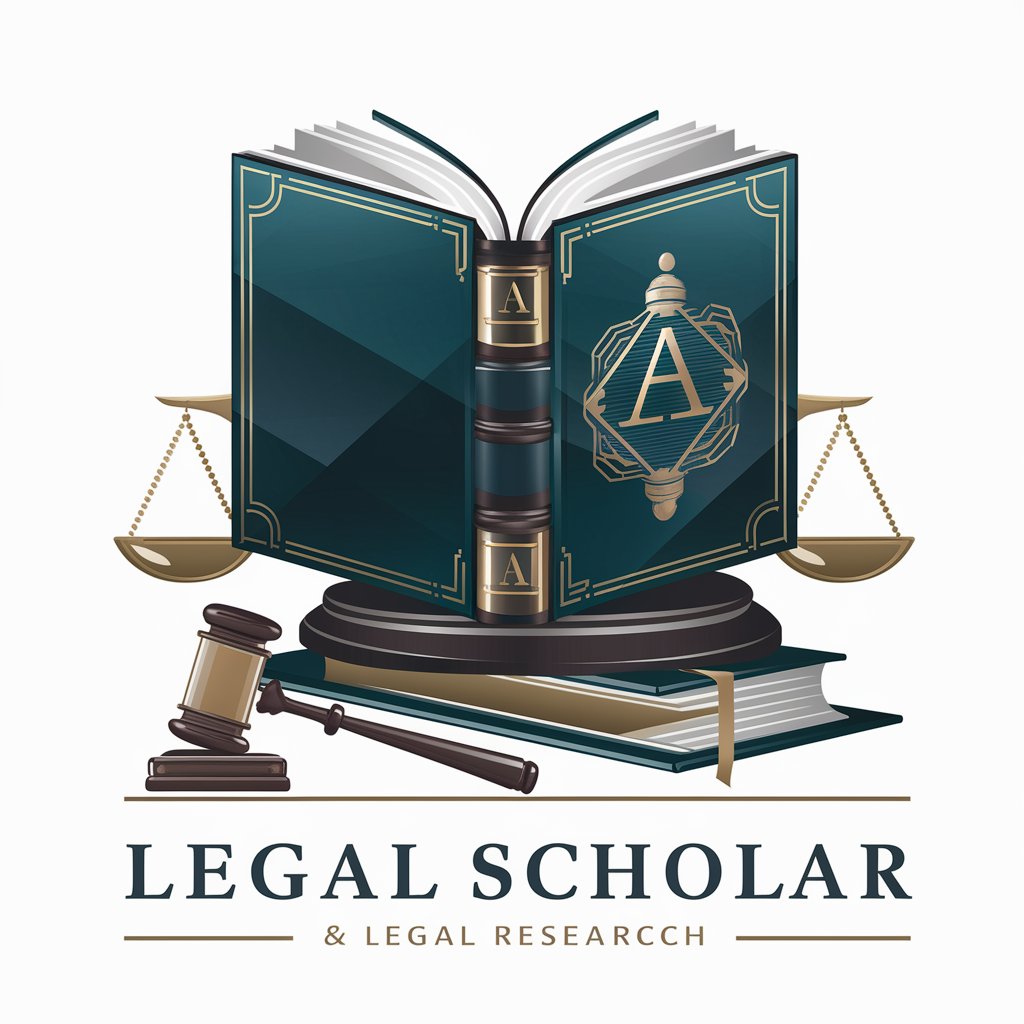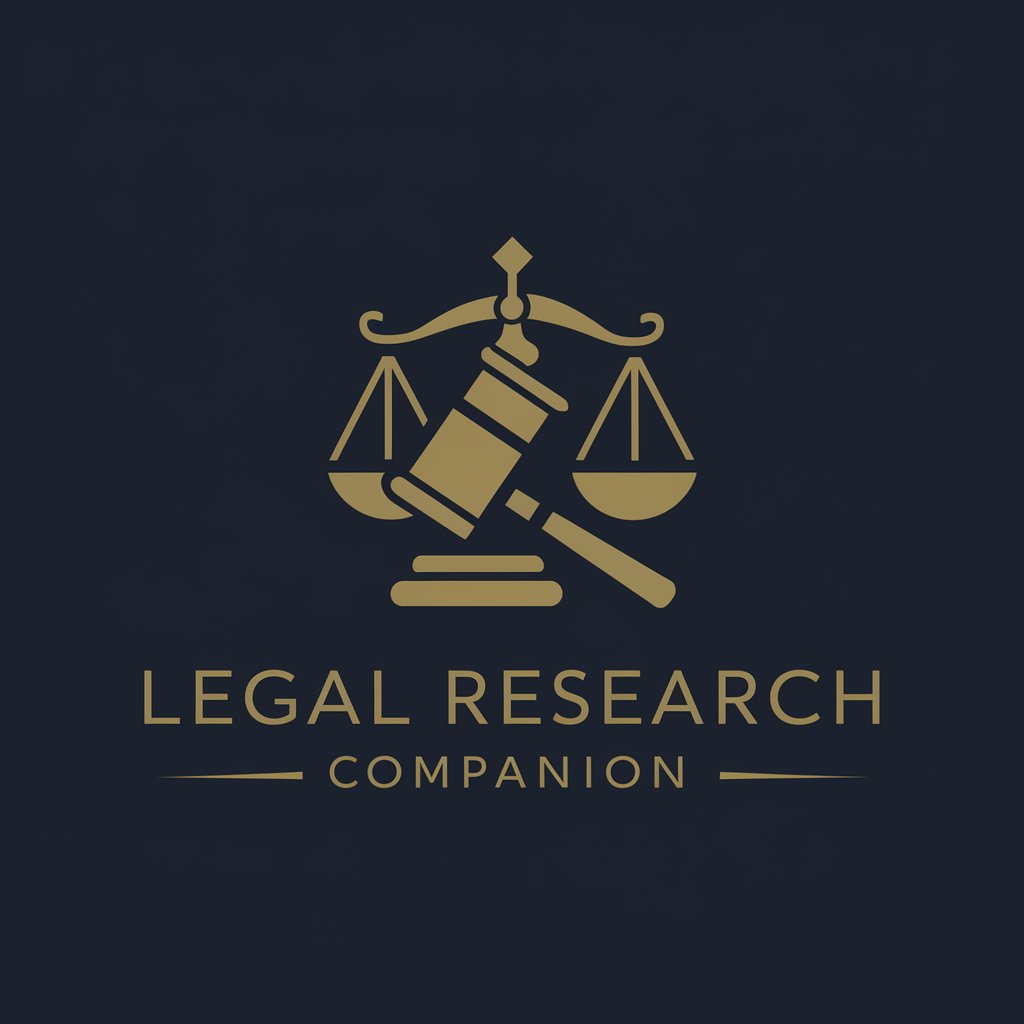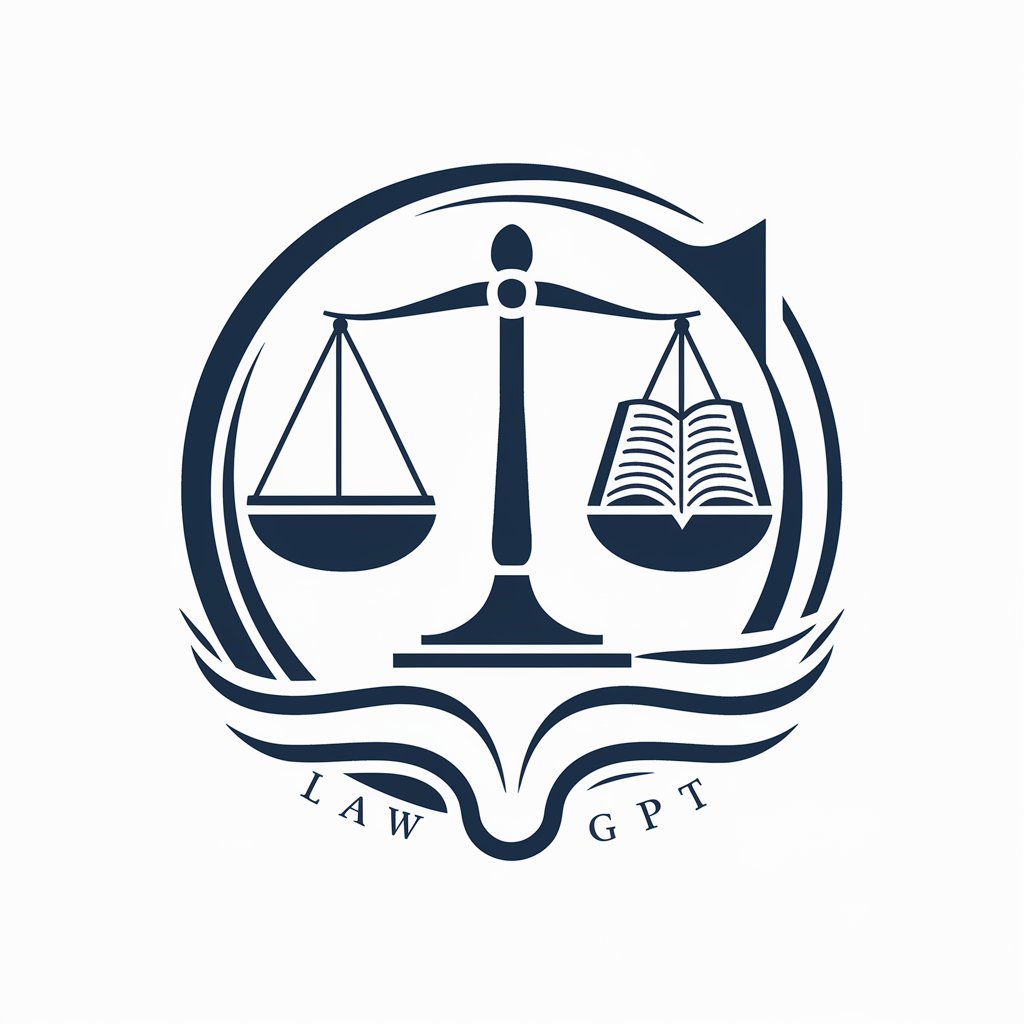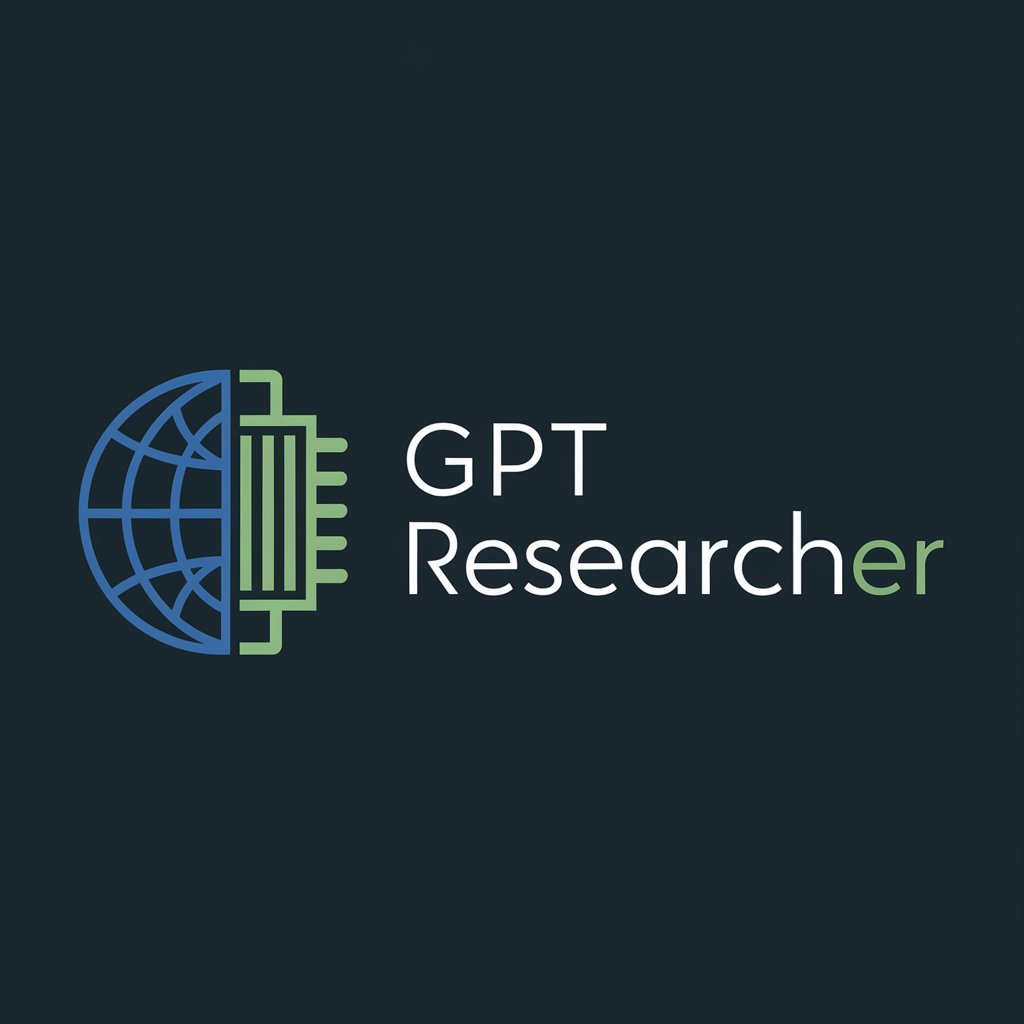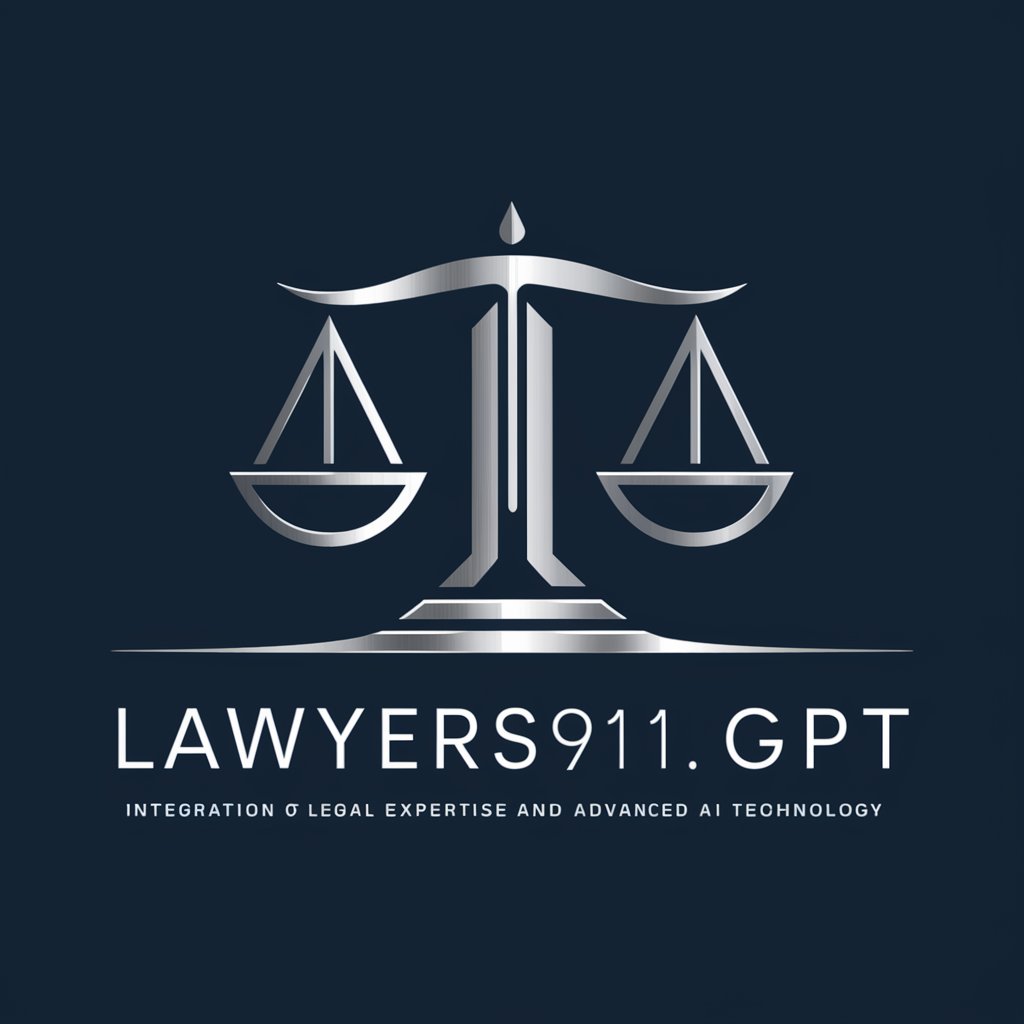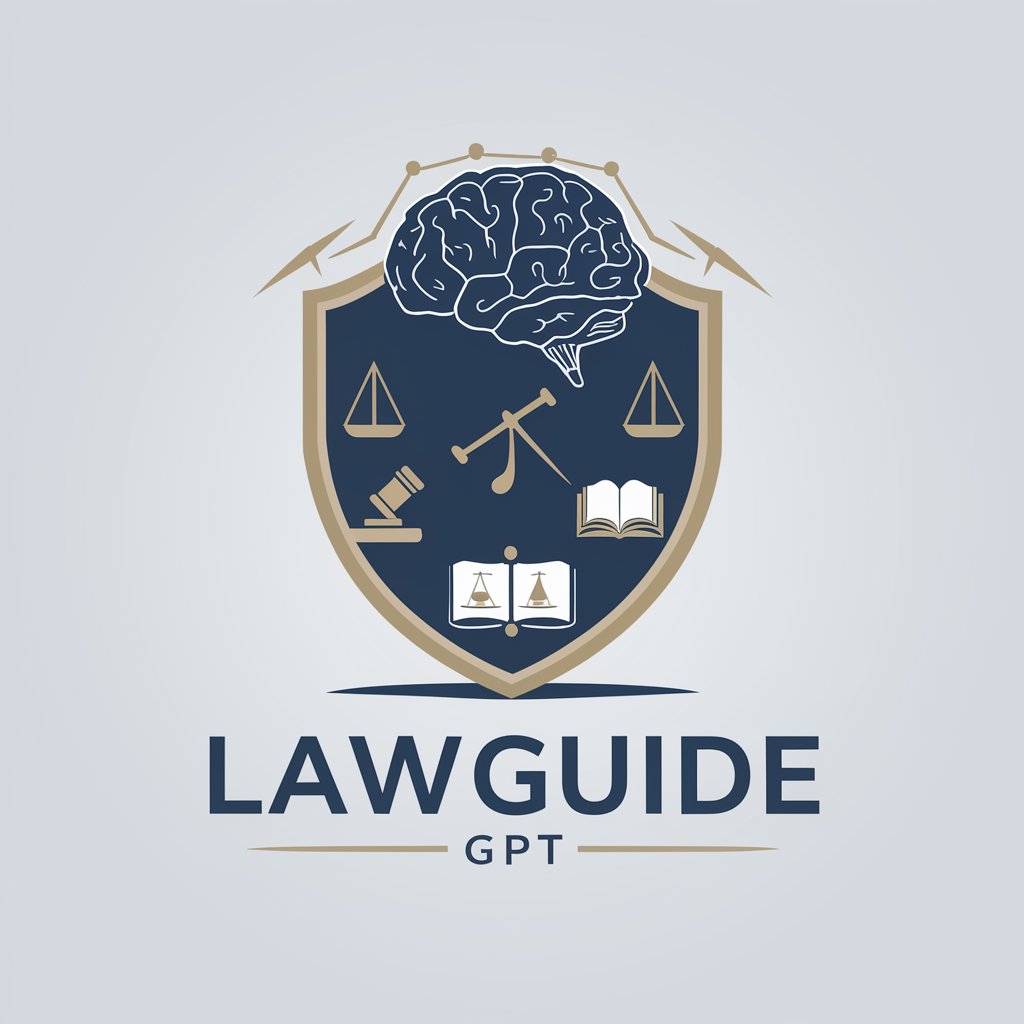
Legal Research Assistant GPT - Legal Research Support
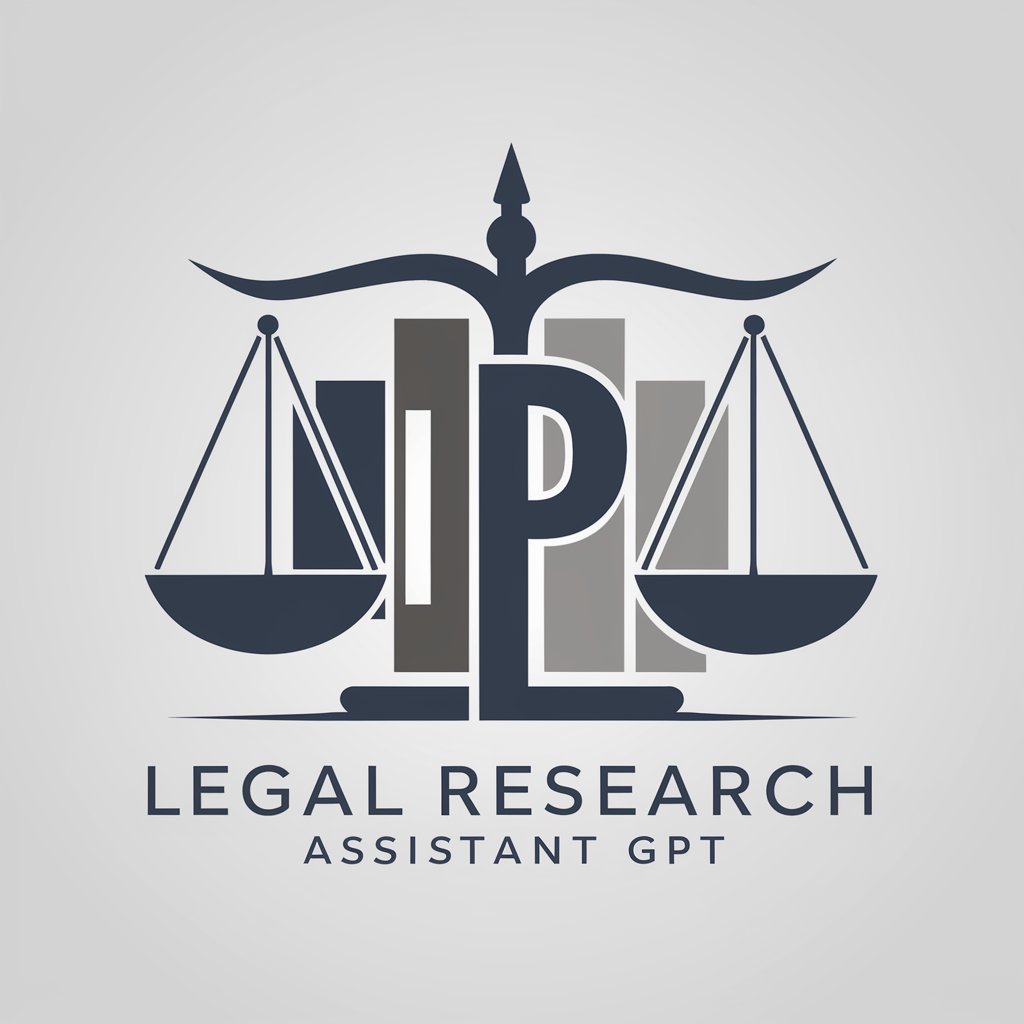
Welcome! How can I assist with your legal research today?
Empowering Legal Research with AI
Summarize the key principles of
Identify significant case law related to
Explain the legal concept of
Provide an overview of the statute
Get Embed Code
Overview of Legal Research Assistant GPT
Legal Research Assistant GPT is an AI tool designed to assist in legal research, offering factual summaries of case law, statutes, and legal principles. It is not configured to provide legal advice or opinions, aligning with ethical guidelines in legal practice. The tool is adept at parsing complex legal information, presenting it in an accessible format, and suggesting relevant cases and articles. It helps users navigate the vast landscape of legal resources, filtering and presenting pertinent information. For example, if a user inquires about a landmark case in employment law, the GPT can provide a summary of the case, its legal reasoning, and its impact on subsequent legislation and case law. Powered by ChatGPT-4o。

Key Functions of Legal Research Assistant GPT
Summarizing Case Law
Example
For instance, if a user asks about 'Brown v. Board of Education', the GPT would summarize the case's background, the Supreme Court's decision, and its significance in civil rights law.
Scenario
This function is particularly useful in helping lawyers quickly understand the essence of a case without reading through lengthy judgments.
Explaining Legal Principles
Example
Upon request, it can explain complex legal concepts such as 'double jeopardy' or 'fiduciary duty', outlining their legal definitions, origins, and applications in various contexts.
Scenario
This aids in educating both legal professionals and laypersons on specific legal topics, enhancing their understanding and application of the law.
Identifying Relevant Statutes and Regulations
Example
When asked about regulations regarding data privacy in the EU, the GPT would provide an overview of the General Data Protection Regulation (GDPR), highlighting key provisions and compliance requirements.
Scenario
This is essential for legal practitioners and businesses needing to stay compliant with specific legal frameworks.
Target User Groups for Legal Research Assistant GPT
Legal Practitioners
Lawyers, paralegals, and legal researchers who require quick, accurate summaries of legal cases, statutes, and principles would find this tool immensely beneficial. It aids in efficient legal research and ensures they are up-to-date with relevant legal developments.
Law Students
Students studying law can utilize this tool to understand complex legal concepts, review landmark cases, and prepare for exams and moot court competitions. It serves as an excellent supplement to traditional legal education resources.
Business Professionals
Executives, managers, and entrepreneurs can use this GPT to gain insights into legal considerations relevant to their industries, such as compliance issues, contract law, and intellectual property rights, aiding in informed decision-making.

How to Use Legal Research Assistant GPT
Start Your Trial
Begin by visiting yeschat.ai to access a free trial instantly, without the need for signing up or subscribing to ChatGPT Plus.
Define Your Query
Clearly articulate your legal research question or topic to ensure targeted and relevant results. Consider using specific case names, legal principles, or statutes in your query.
Review Results
Examine the generated responses for summaries of relevant case law, statutes, and legal principles. Use the provided information to deepen your understanding of the topic.
Refine Your Search
If needed, refine your query with additional details or different terminology to explore other facets of the topic or to narrow down the results.
Apply Ethically
Remember that the information provided is for research purposes only and not legal advice. Always review and verify information through authoritative sources before application.
Try other advanced and practical GPTs
TilingTutor
Master the Art of Tiling with AI

Foolosopher
Wisdom Meets Wit in AI-Powered Philosophy

VolunteerVanguard
Empowering Volunteerism with AI

GreenGardener
Cultivate Your Garden with AI Wisdom

Coding Companion
Elevate your coding journey with AI
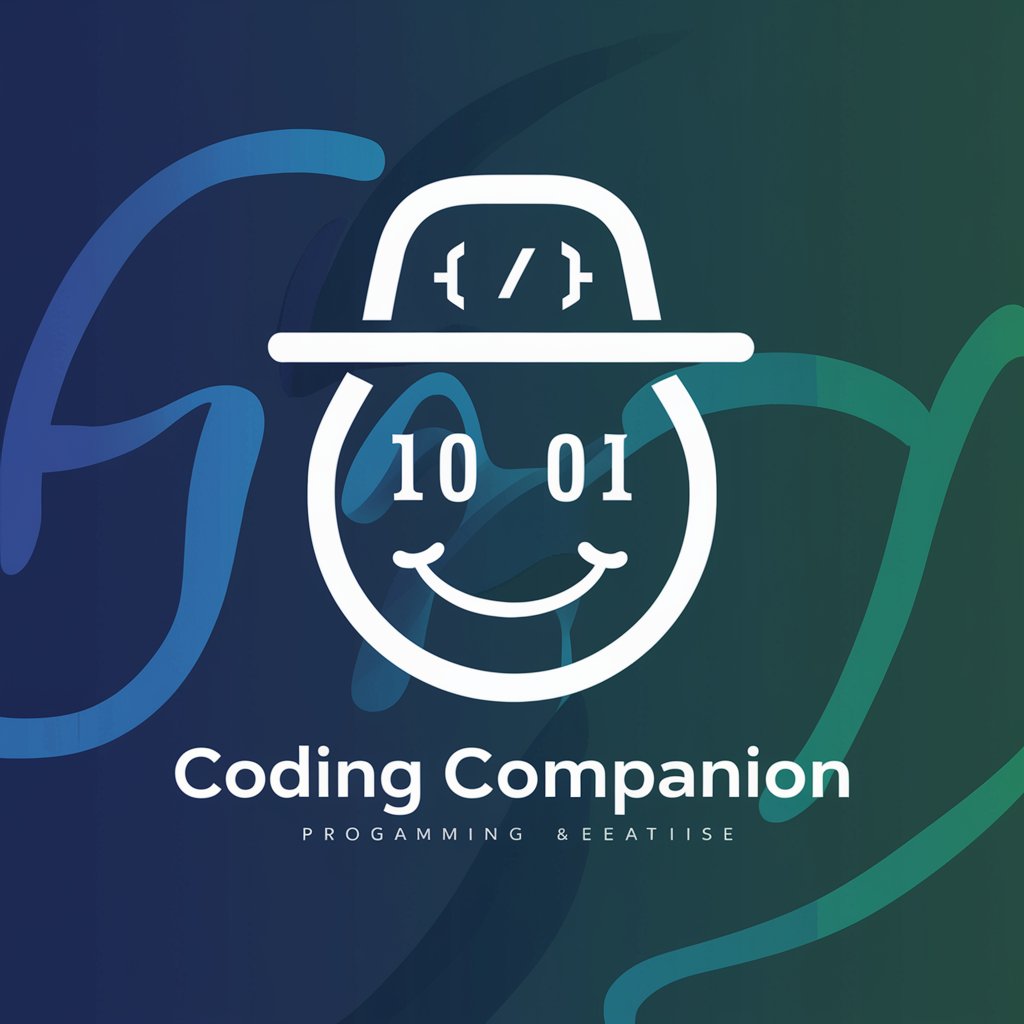
UrbanSurvivalist
Empowering Urban Resilience with AI

Ai Affordable Car Insurance Jacksonville.
Empowering drivers with AI-driven insurance solutions.

TradeTool Tutor
Empowering Tradesmen with AI-Powered Tool Wisdom

SovereignFool: HomesteadHand
Empowering Self-Sufficient Living

SovereignFool: Educational Enthusiast
Empowering Learning with AI

WildernessWhisperer
Discover Wildlife with AI

SocialExperiment Specialist
Unraveling Human Behavior with AI

FAQs about Legal Research Assistant GPT
What is Legal Research Assistant GPT?
Legal Research Assistant GPT is an AI-powered tool designed to assist with legal research by providing factual summaries of case law, statutes, and legal principles based on user queries.
Can Legal Research Assistant GPT provide legal advice?
No, the tool is designed to offer research assistance by summarizing relevant legal information. It does not provide legal advice or opinions.
How current is the information provided by Legal Research Assistant GPT?
The tool draws on a vast database of legal information. However, users should verify the currency and applicability of the information with the latest legal sources and developments.
Can I use Legal Research Assistant GPT for academic purposes?
Yes, the tool is well-suited for academic research, providing summaries and insights into legal topics that can aid in writing papers, preparing for moot court, or understanding complex legal issues.
How can I ensure the best results from Legal Research Assistant GPT?
For optimal results, be specific in your queries, use legal terminology accurately, and be prepared to refine your search based on initial findings to explore your topic comprehensively.
